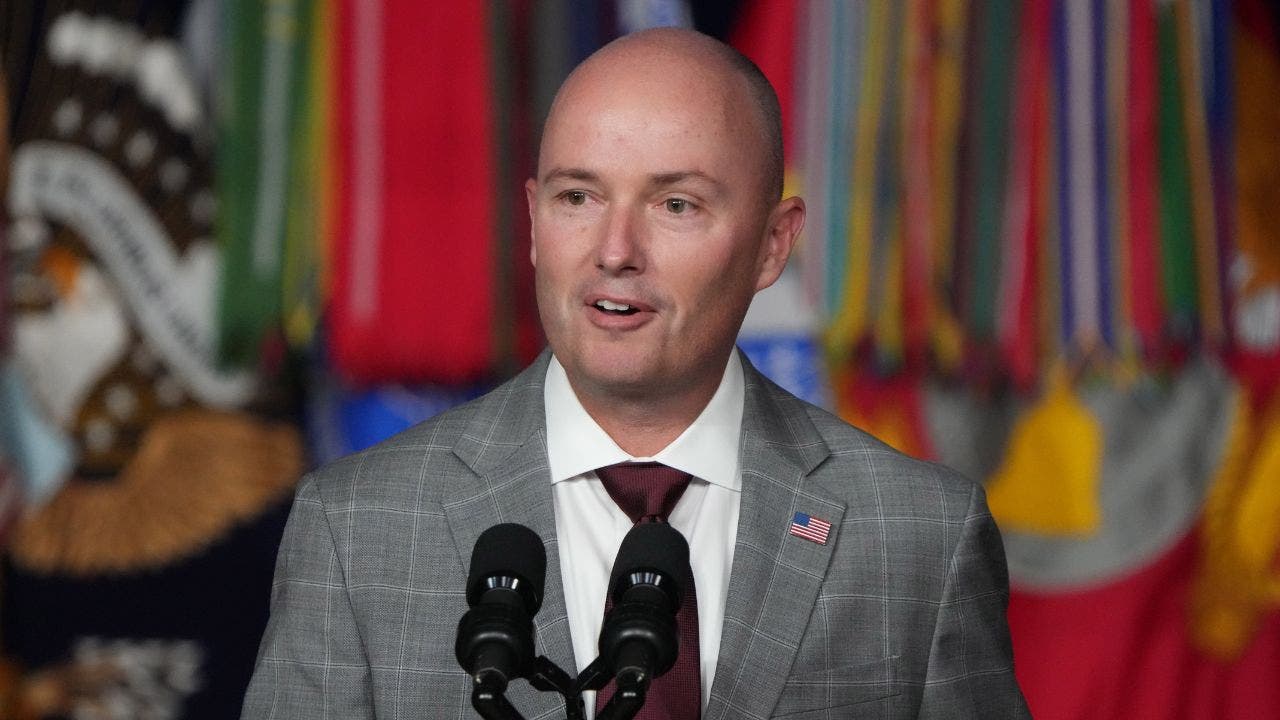
Utah has become the latest state to prohibit diversity training, hiring and inclusion programs at universities and in state government. Gov. Spencer Cox signed a bill into law on Tuesday that bans DEI offices from universities and government.
The new law also states that employees will not be required to submit statements of commitment to DEI under the new law. This comes after Cox shifted to the right on 'diversity, equity and inclusion', having previously vetoed a ban on transgender students playing in girls sports in 2022.
Cox also signed a bill regulating discussion of race and religion in public schools earlier this year, banning teaching that anybody can be racist merely because of their race. Additionally, Cox signed a separate law requiring people to use bathrooms and locker rooms that match the sex they were assigned at birth.
Republican Keith Grover, sponsor of the bill in the state Senate, stated that this new law will ensure academic freedom on university campuses where all voices will be heard. However, Democrats have criticized it as minority enrollment at colleges and universities trails far behind that of white students.
Already this year, Republican lawmakers in at least 17 states have proposed some three dozen bills to restrict or require public disclosure of DEI initiatives according to an Associated Press analysis using the bill-tracking software Plural. The measures have a heavy focus on higher education but Republicans are also sponsoring ones that would limit DEI in K-12 schools, state government, state contracting and pension investments.
Some would bar financial institutions from discriminating against people who refuse to participate in DEI programs. Meanwhile, Democrats in nine states have filed at least 20 bills to require or promote DEI initiatives including measures to reverse Florida's recent ban on DEI in higher education.





